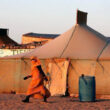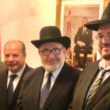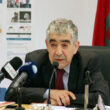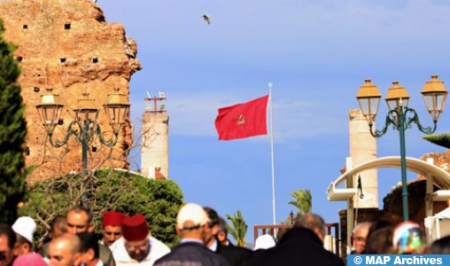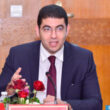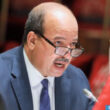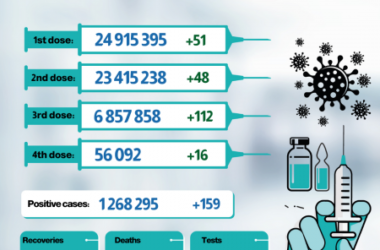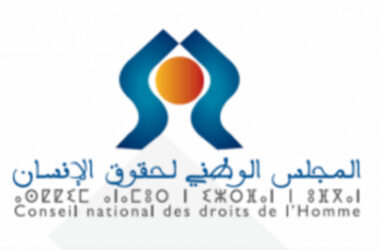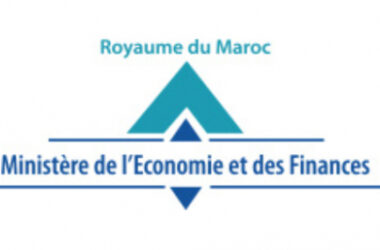It is “a powerful message to every country around the world: peaceful coexistence breeds stability,” Dark told Map, noting that it is a “prerequisite for institutional and democratic development, and for progress and prosperity.”
“Morocco has such a strong history of demonstrating how people of different faiths, cultures, and beliefs can coexist peacefully and collaborate effectively to face challenges that affect us all – no matter where we come from or the faith we profess”, he pointed out.
“This history and present-day leadership has not gone unnoticed by the United States”, said Calvin Dark, Principal and Co-founder of the RC Communications research center, based in Washington, recalling that last month, the US State Department’s report on international religious freedom recognized the Kingdom’s efforts to preserve and protect Jewish heritage, promote universal values and freedom in primary and secondary school religious education, and encourage a global stand against the politicization of religion.
Referring to his own experience, Dark said that years ago when he first came to Morocco as a student through the Fulbright Program, he was “profoundly struck” to see that a mosque, synagogue, and church could be located in a single neighborhood and that the diverse people who relied on those houses of worship lived and interacted as neighbors.
“I came to learn that, in Morocco, interfaith dialogue was more than a lofty ideal, it was truly a way of life,” the U.S. expert noted.


